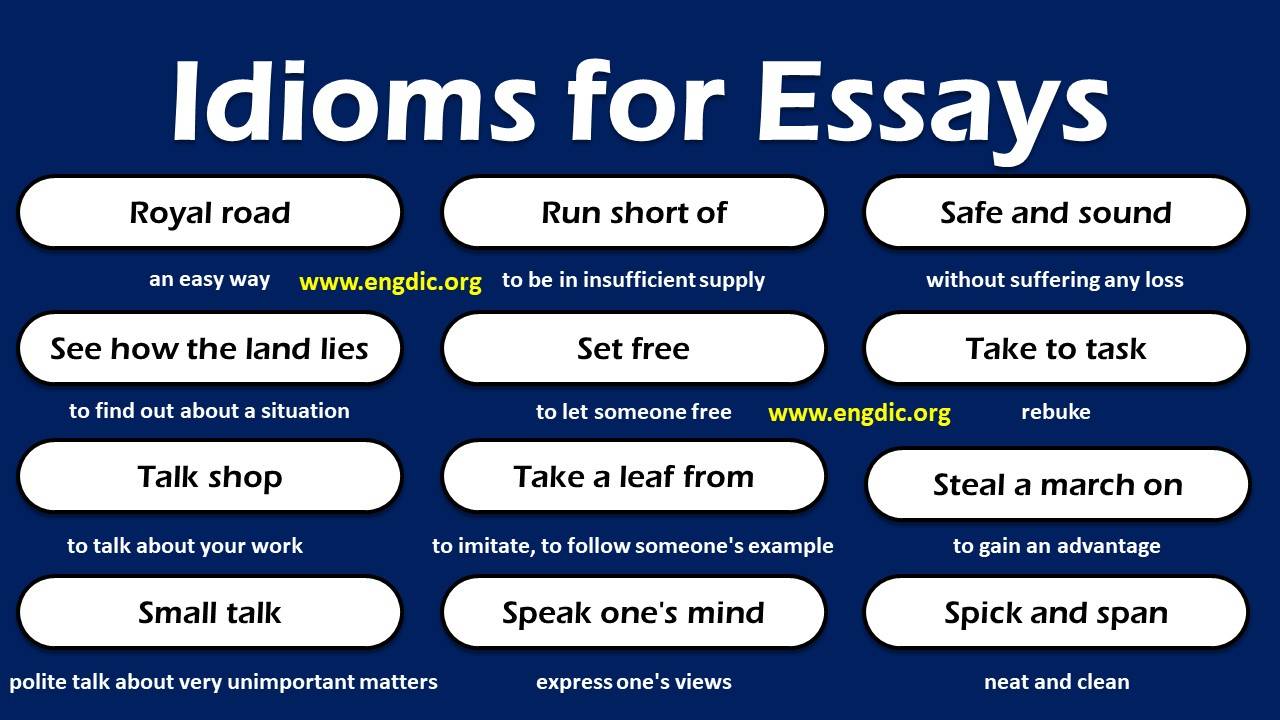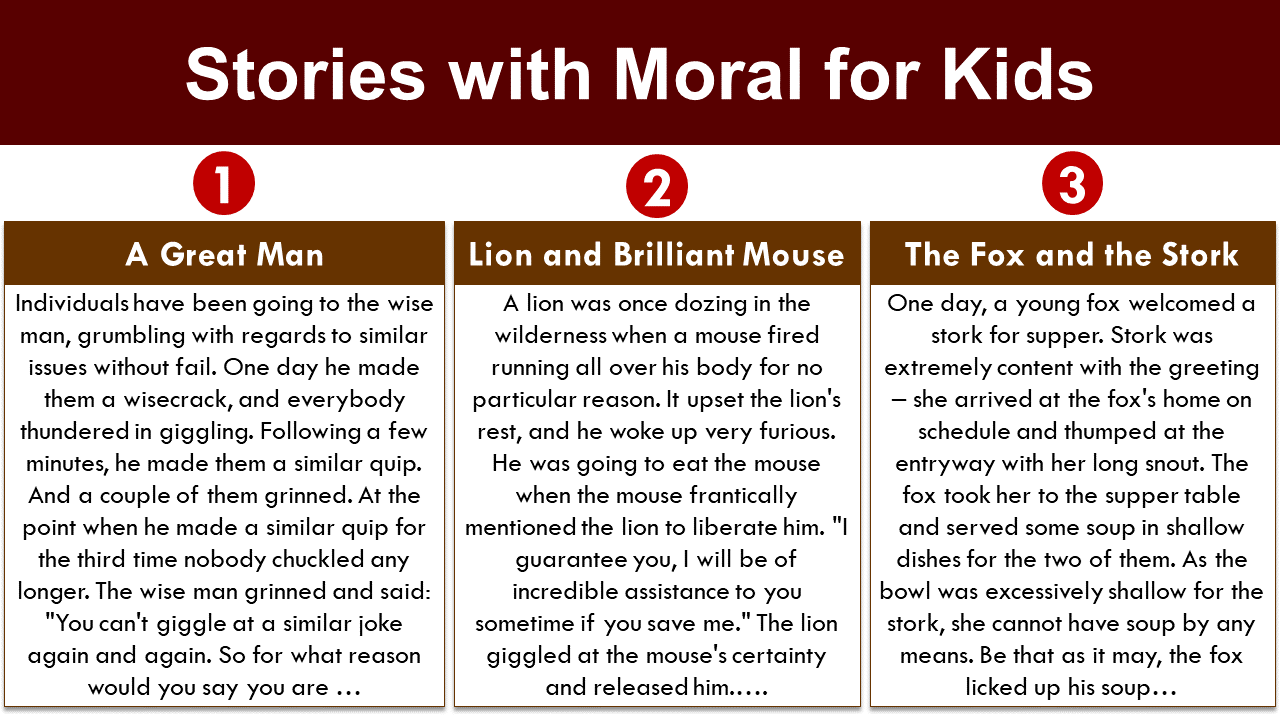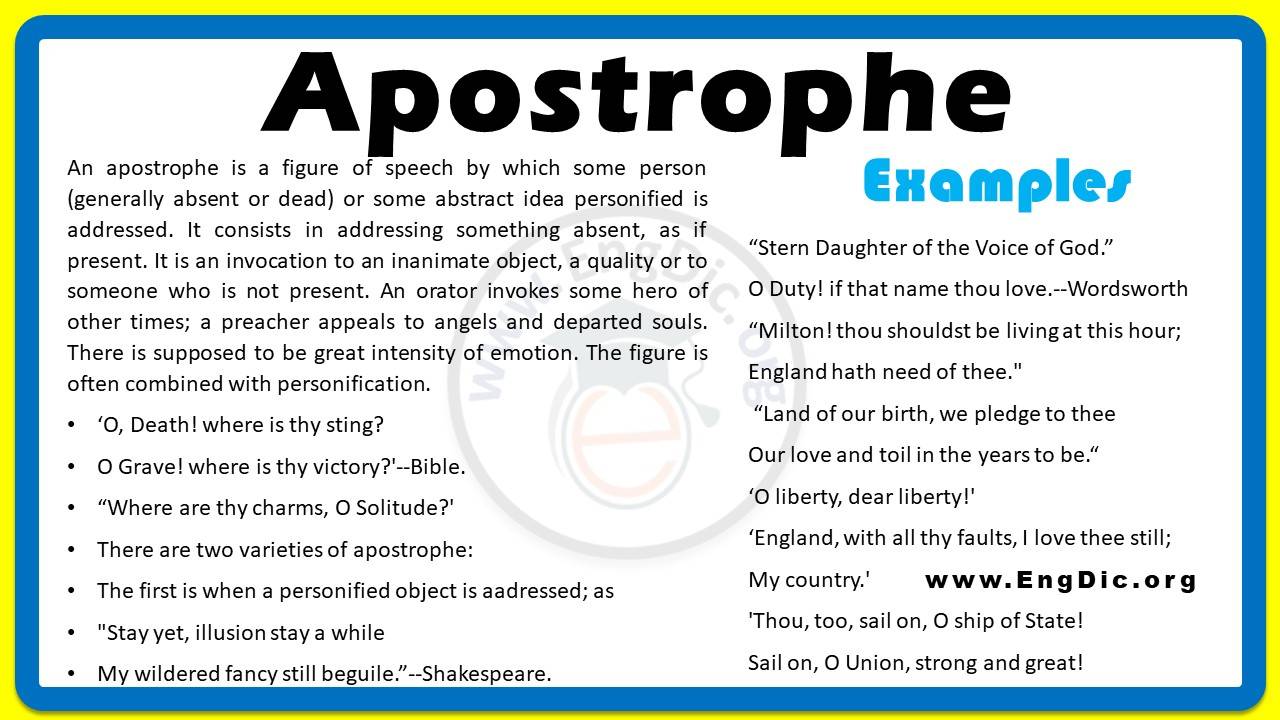Simile and its types with examples PDF
We have heard this word simile a lot in reading literature or poetry. what is simile in literature? what are the types of simile? Here simile and all of its types are explained with examples and pdf.
What is simile in English?
When two unlike objects are compared and the comparison is introduced by the words as, as–so, like, we have a simile as: My faith is as firm as a rock.
When we say “Philip is as tall as Rogers’, we do not have any figure of speech; it is just an ordinary comparison, the objects of comparison being of the same kind. When Milton and Dante, both poets, are compared by Macaulay in his essay, on Milton, that is an ordinary comparison. But when Wordsworth addresses Milton:
“They soul was like a star, and dwelt apart.
Thou hadst a voice whose sound was like the sea,”
he uses two Similes. The two objects are not usually associated with each other, and the author’s aim is to clarify the less familiar by reference to the more familiar.
Simile is a figure of direct comparison. To explain or illustrate some aspect or relation of the thing spoken of, it is compared with something else essentially different. Similes are generally expressed by means of such words as like or as but it must not be supposed that whenever these words are used there is a simile. The difference in nature of the things compared is essential to the figure. In such sentences as ‘My horse is like yours or “She is as good as her sister’ there is no figure whatever, the individuals compared being of the same class. But, in ‘My horse goes like lightning’ or ‘She is as good as gold’ there are similes.
The word ‘Simile’ is derived from a Latin word meaning ‘like’. It is a figure of speech in which two things or actions are likened to each other either for clearness and ease of explanation or for rhetorical and poetical effect. There are two kinds of Simile: (i) the simple Simile in which the likeness is expressed briefly and directly without enlargement; and (ii) the developed Simile (known technically as the ‘Homeric Simile’) imitated in English from the classical epics of Homer and Virgil, where the likeness is expressed in a descriptive picture. Both types are shown in the following examples:
Types of Simile
What are the types of simile?
1. Simple Simile
- “The Assyrian came down like the wolf on a fold.’
- “He went like one that has been stunned.’
- ‘I wandered lonely as a cloud.’
- As the hart panteth after the water-brooks, so panteth my soul for thee.’
- ‘A dungeon horrible, on all sides round as one great furnace flamed.
In the last example, Milton makes a comparison between the dungeon (Hell) and a great furnace.
- “The quality of mercy is not strained.” It droppeth as the gentle rain from heaven.” (Shakespeare).
- The news spread like wild-fire.
- He was as poor as a church mouse.
- Like some old miser, Rustam hoards his fame, And shuns to peril it with young men. (Matthew Arnold: Sohrab and Rustam).
- Sohrab who has been fatally wounded by his father Rustam in ignorance says the following pathetic words to him. The three Similes employed at the end have been italicised:
‘Come, sit beside me on this sand, and take
My head betwixt thy hands, and kiss my cheeks,
And wash them with thy tears, and say, My son!
Quick! quick! for numbered are ay sands of life,
And swift; for like the lightning to this field.
I came, and like the wind I go away
Sudden and swift and like a passing wind.’
(Sohrab and Rustam: Mathew Arnold).
2. Developed or Homeric Simile.
1.
With sloping masts and dipping prow,
As one pursued with yell and blow
Still treads the shadow of his foe
And forward bends his head,
The ship drove fast, loud roared the blast,
And southward aye we sled.
(The Rime of the Ancient Mariner: Coleridge).
2.
And dear as the wet diver to the eyes
Of his pale wife who waits and weeps on shore,
By sandy Bahrein, in the Persian Gulf,
Plunging all day in the blue waves, at night
Having made up his tale of precious pearls,
Rejoins her in their hut upon the sands
So dear to the pale Persians Rustam came.
(Sohrab and Rustam: Arnold).
3.
Like some young cypress, tall and dark, and straight,
Which in a queen’s secluded garden throws
Its slight dark shadow on the moonlit turf,
By midnight, to a bubbling fountain’s sound
So slender Sohrab seemed, so softly reared.
(Sohrab and Rustam: Arnold).






